Fired DHS cybersecurity head Chris Krebs says Trump should be convicted for inciting insurrection
Christopher Krebs was fired by Trump in mid-November over Twitter.
With President Donald Trump set to leave the White House in less than a day, the fired ex-director of the Department of Homeland Security's cybersecurity agency expressed concern for the lasting impacts of the disinformation spread by the outgoing president and called for consequences following the attack on the U.S. Capitol.
Christopher Krebs, a longtime Republican and former head of the Cybersecurity and Infrastructure Security Agency, was fired by Trump over Twitter on Nov. 17. The move came just a few days after CISA and other federal agencies released a statement saying the 2020 presidential election was the "most secure in American history," with no evidence votes were deleted, lost, changed or "in any way compromised."
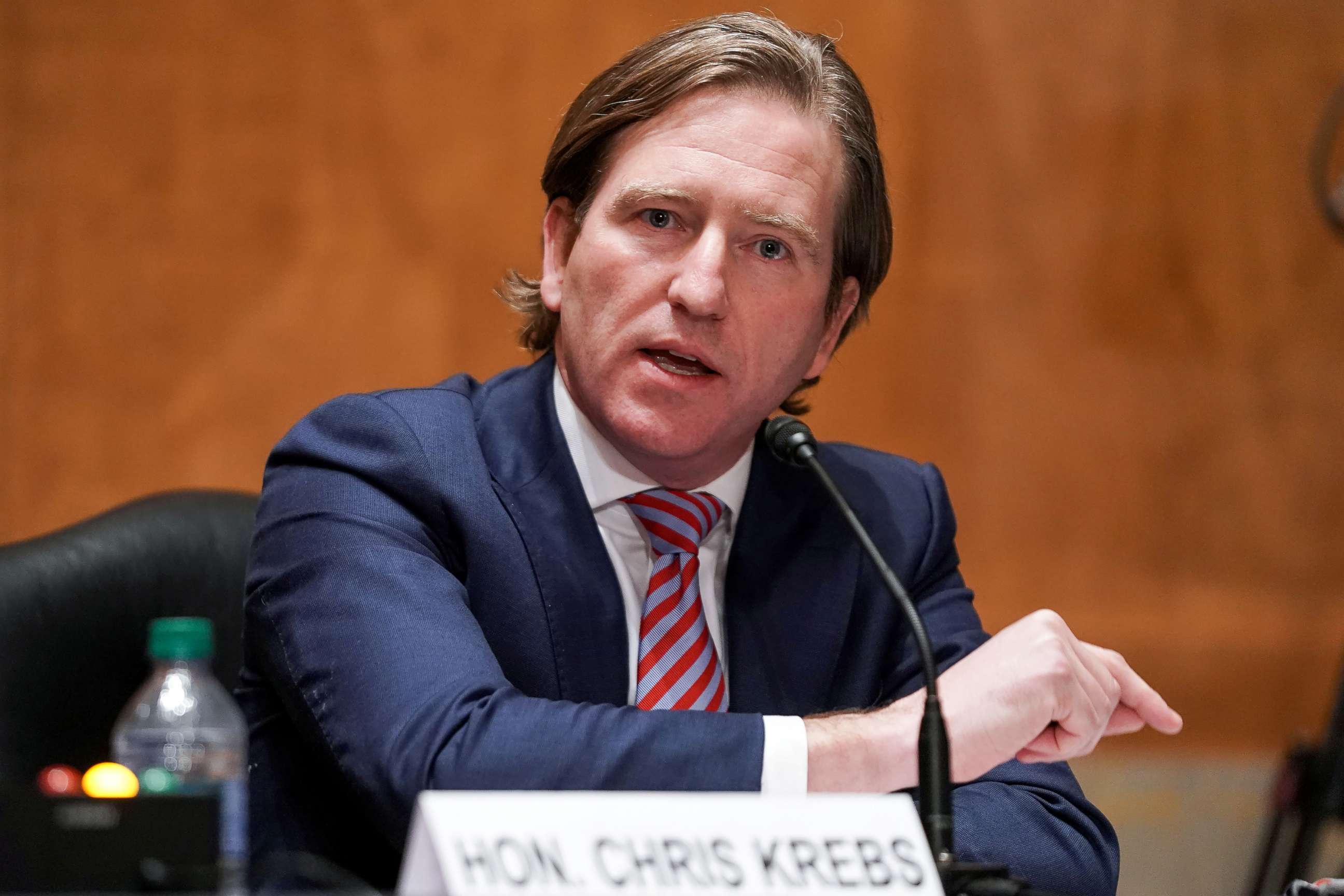
Krebs said that in order for the country to move forward, it's "critical" that elected officials, including the president, who spread the "big lie" that preceded the Jan. 6 attack on Capitol Hill, are held accountable.
"We really [have been] at an inflection point in democracy for far too long," he told "Nightline" host Juju Chang. "These massive disinformation campaigns that are demonstrably false and have been disproven and debunked over and over and over again, and yet, they're still propagated by elected officials. They're still propagated online and [on] fringe media and fringe networks. There has to be consequences for what, ultimately, is the 'big lie' that led to Jan. 6."
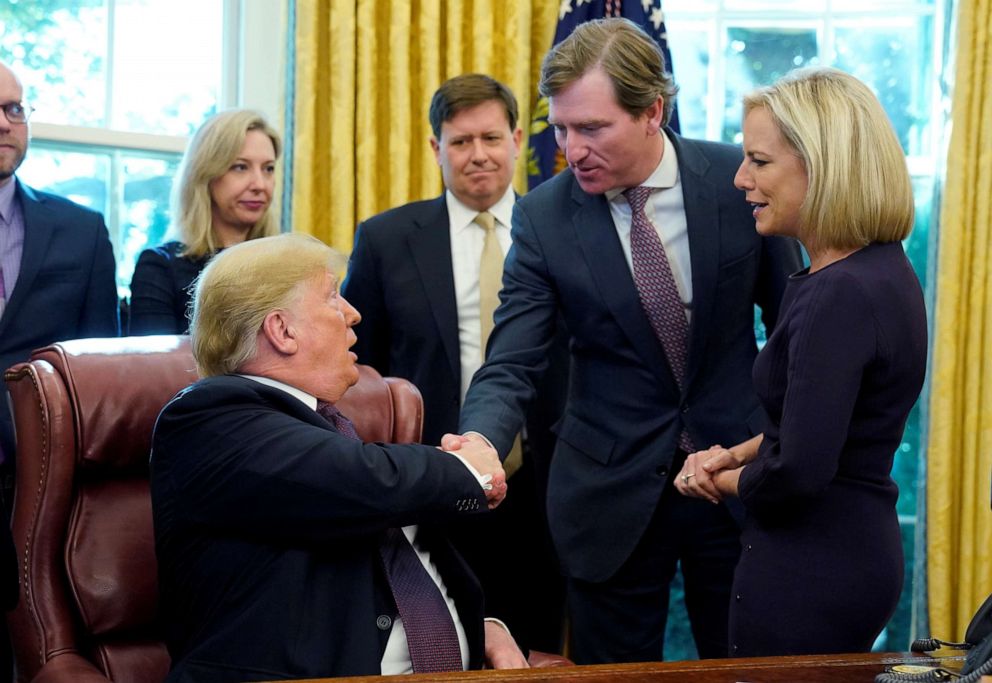
Leading up to the election, Krebs said that his work mainly involved creating partnerships with state officials responsible for the election to strengthen their operations and share cybersecurity information. He said they focused on "improving the security of their systems" and their resiliency, so that "even if you have a bad day ... you can fall back on some sort of analog or, in this case, paper ballot-based, evidence-based system."
"I will always thank the officials in Pennsylvania and Georgia, because what really saved the day from a public confidence perspective, and the ability to really demonstrably prove that the election was not stolen or rigged were paper ballots, and those two states ... did not have statewide paper-based systems in 2016. They made those investments in the changeover to 2020."
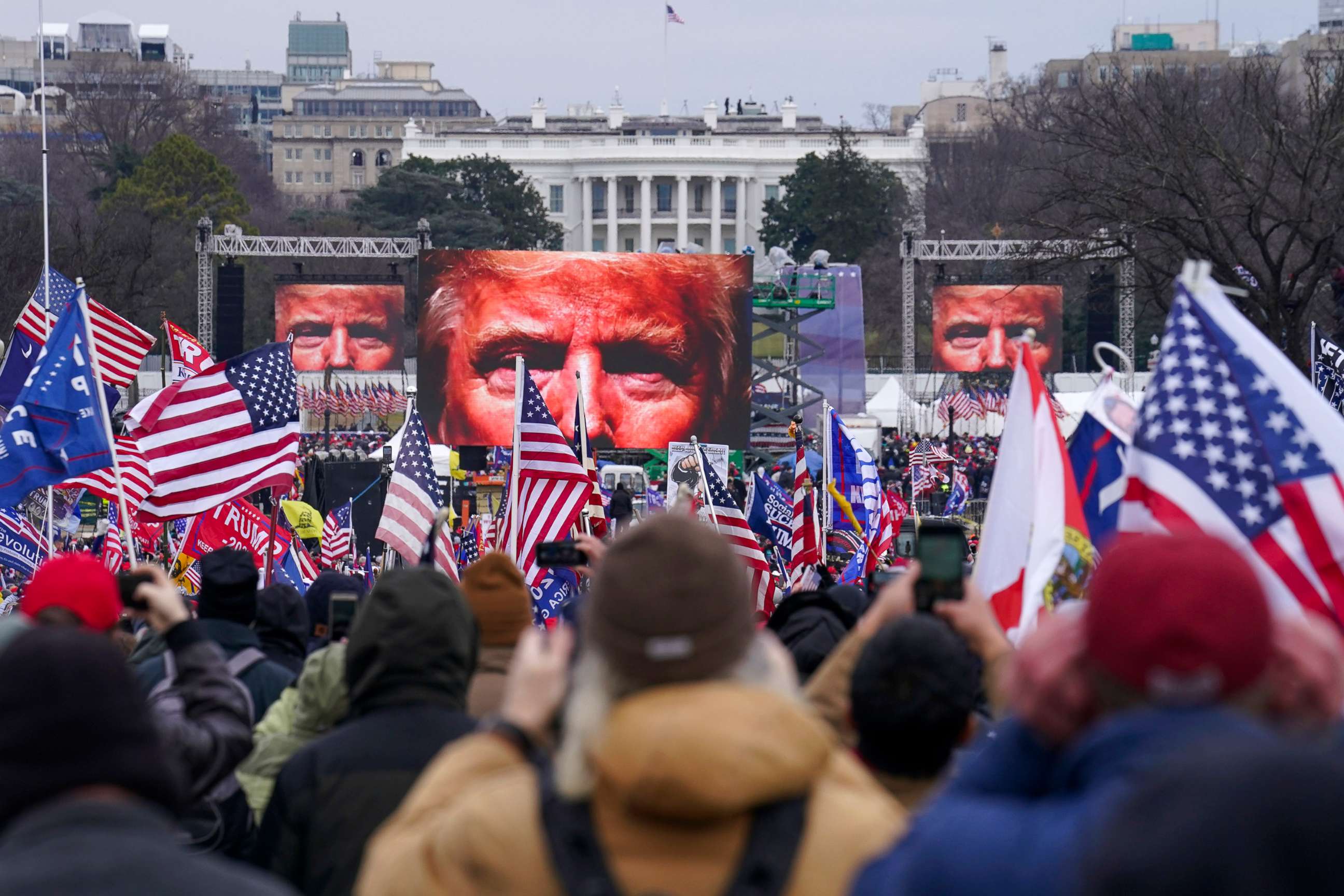
Krebs was subjected to persistent attacks from not only the president but also his Twitter followers in the wake of his termination. Then, in December, a Trump campaign lawyer appeared on the conservative outlet Newsmax, where he called Krebs an "idiot" and said the former DHS official should be "shot."
But amid what he said were "death threats and other character assassinations," he rests easy because he believes he "did the right thing and put country over party."
Krebs said that in the coming months, he expects the various roles that elected officials played leading up to the insurrection on Jan. 6 to come to light. But he said that ultimately, the president should have known better.
"He should be bigger than all of this. He should care about the United States of America and democracy worldwide," Krebs said. "And I'm not sure we're seeing that follow-through right now."
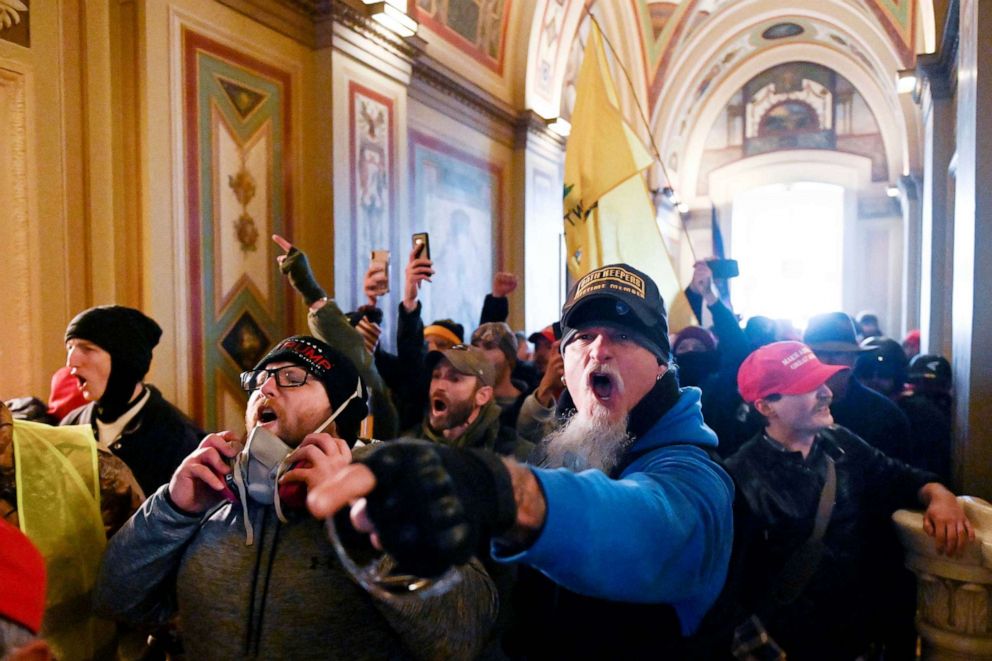
Krebs said that even if Trump didn't intend to incite an insurrection, "his followers certainly took his words to heart." Now, he says Trump should be convicted in the Senate after the House voted to impeach Trump last week.
"My premise here is that there has to be accountability for inciting an insurrection, which is what this was," Krebs said. "The noble step would have been the president admitting to the American people and the world that he lied, that it was not a stolen election. ... The right step would be to admit it and then resign. Absent that, which clearly is not going to happen ... is impeachment."
"I think conviction and removal from office and subsequent disqualification from further holding office is the appropriate measure," he added.
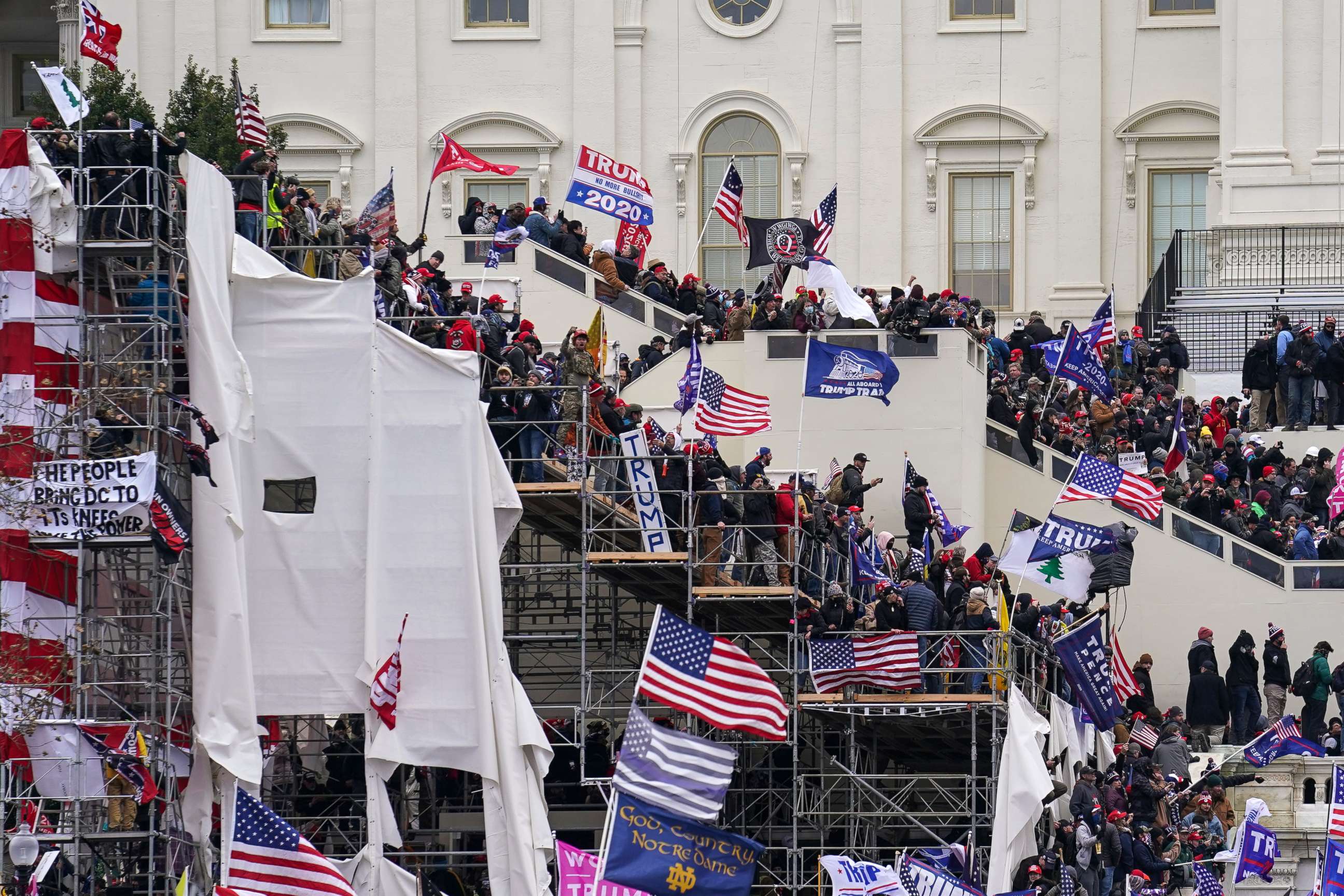
Krebs believes that the ongoing COVID-19 pandemic has made it easier for misinformation to reach people who are spending more time at home, and urged Americans to course correct.
"I think what we really have to be thinking through long-term is the effects of disinformation and, as we're calling it, the information disorder," he said. "The lack of civics education and digital literacy over the last couple of years ... and then you combine that with COVID, where people are sitting at home and [it's] just screen time all day long. We are in a very precarious position. Democracy is in a very precarious position. And we need to have some pretty honest conversations as Americans about where we go next."



